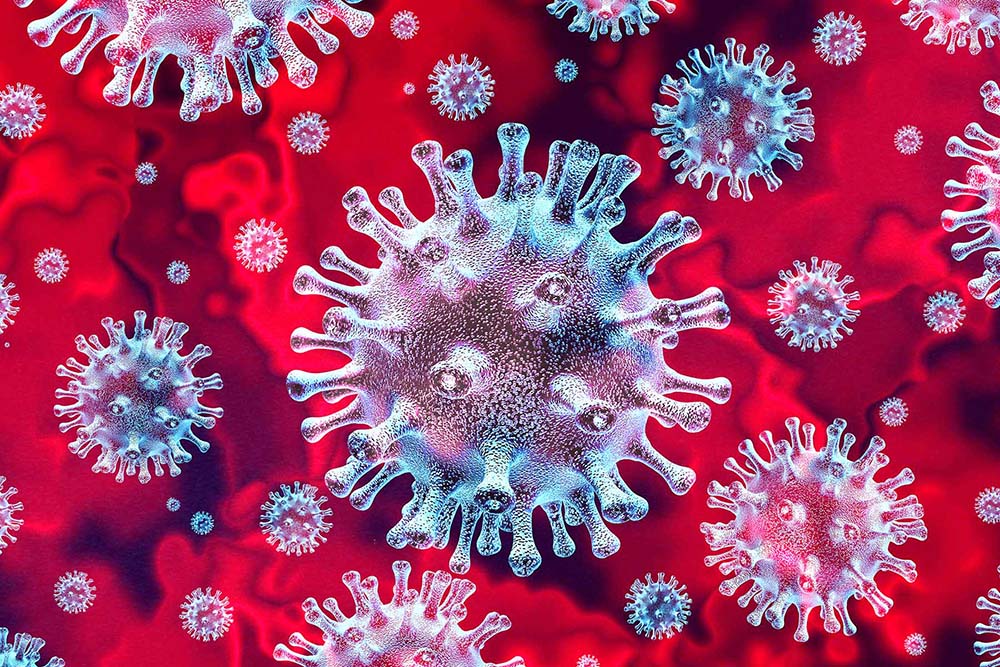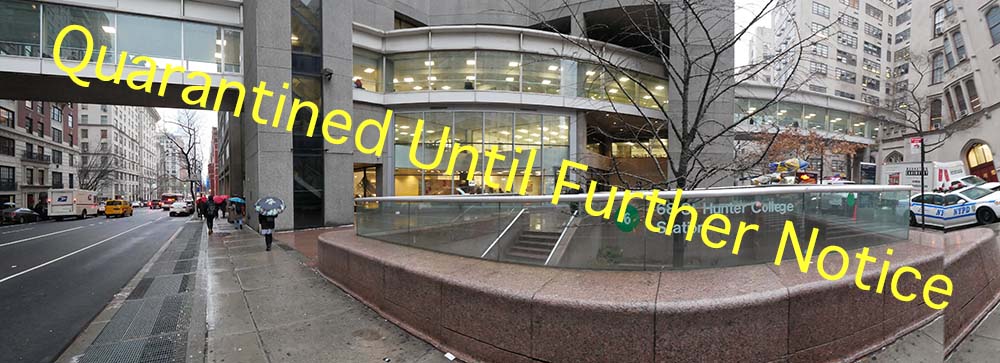
Eighth in a series of articles about Hunter students dealing with a moment in history unlike any other at this campus
COVID-19 has been a nightmare for millions and no one can argue that college students haven’t received their share of the bad end of its stick.
I am a senior majoring in Africana Studies with the hope of becoming a college professor. I fought with the virus several months ago. You can imagine what that was like.
But I was literally floored by college announcements that the last semesters of my college years would be remote and online. We were told that we would have to miss commencement as headlines and “breaking news” reports, rumors, bad and fake news about rogue variants and flawed vaccines taunted us about our survival.
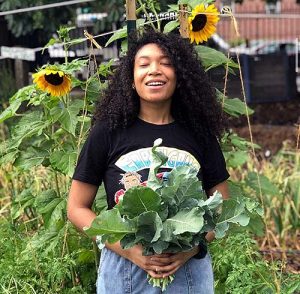
Annaliese Gayle.
Many students are now unemployed. Annaliese Gayle, a senior majoring in biophysics with a minor in environmental studies and Spanish, was unable to get work study to support her tuition. She was left to fend for herself and was forced to ask her parents for financial support, something that she was not comfortable doing.
Damilola Sholaja, 23, a Brooklyn College senior majoring in TV and Radio and minoring in acting, suddenly learned that her fate was to become an essential worker who had to travel on public transportation during the height of the pandemic. She said she had to wear appropriate PPE clothing at her job where she had to submit to daily temperature checks. Sholaja, who works at a major online shopping packaging facility, also had to face weekly closings of her job site due to employees contracting the virus.
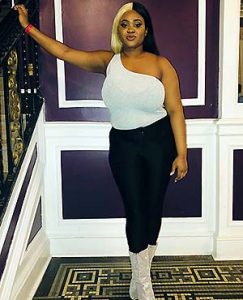
Damilola Sholaja.
From my own experience, I understand how easy students can get anxious and depressed when they feel their world is peppered with deadlines and assignments. I had been able to use school as a sanctuary to get away from home life which was stressful, yet, I had no choice but to face reality and stay home with my family.This brought on an onset of emotions and feelings.
Hunter offered counseling services from time to time but the shock of suddenly doing everything on Zoom discouraged use of these services which included online counseling with certified therapists.
Many students at this primarily commuter campus thrive on social events arranged by the Undergraduate Student Government to give us a chance to network and meet others, helping us to create connections with those who could be with us after graduation. Because USG wasn’t able to do its job, the quarantine made many feel drained and stifled. There are times when we can feel so alone and isolated.
COVID-19 Hotel Program – NYC.gov.
Sholaja, the TV and Radio major at Brooklyn College, said that her main form of socialization was interacting with friends and that dating was second to that. Due to the pandemic, she believed that the dating scene had become complex. “Many people wanted to hang out in their home” yet, she said she was afraid of “getting sick.”
Asked about dating, Gayle, who was in a relationship prior to the pandemic, said, “I had so many dates planned.”
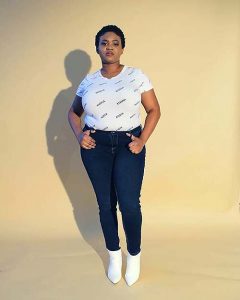
Damilola Sholaja. Gayle was also supposed to attend the wedding of her mother and stepfather in Mexico, but said “that didn’t happen” due to travel restrictions surrounding the pandemic.
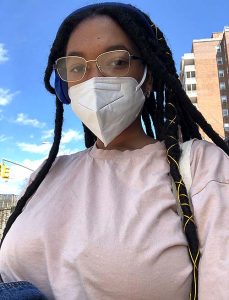
Annaliese Gayle.
Gayle and Sholaja reside in different neighborhoods. Sholaja lives in the Arlington section of Staten Island, primarily Black and Latinx. She said that almost everyone followed the guidelines of the Center for Disease Control about social distancing and described her neighborhood as a “Ghost town” as residents stayed within the confines of their homes. Gayle, however, lives in a predominantly white neighborhood in the Riverdale section of the Bronx. She said many seemed to ignore the quarantine guidelines. They did not abide with social distancing guidelines and many did not wear masks. Her entire family contracted COVID19. I can especially relate to that because I contracted COVID-19 on December 19, 2020.
I’m majoring in African, Puerto Rican and Latino studies because I am interested in racial equality and equity in impoverished and low income communities of color. I also have a strong interest in New York City’s food system, particularly with urban agriculture. So, I am interning with the CUNY Urban Food Policy Institute. I was selected for this internship due to my strong background in urban farming. I have been an urban farmer in various community gardens in the South Bronx and in Canarsie, Brooklyn, since 2016.
I am able to incorporate my major and my passion for racial equality into my passion for urban agriculture because the two often coincide. An, besides being a full-time student, I am an intern with nonprofit organization Housing Works that focuses on populations that are high risk. Whether it be low-income families, the elderly, those with substance issues or even those who have HIV/Aids, everyone can be serviced, whether they have insurance or not.
I am a patient service representative on the COVID 19 testing and vaccination team. Therefore, I am constantly at risk of contracting COVID due to being in close contact with patients who may be positive. I work part time, about 32 hours a week and sometimes am called to work more hours if need be. I am proud that I am doing meaningful work for the safety of my fellow New Yorkers.
I should have been tri-lingual. My mother is from Sendai, Japan and my father is from Niger, West Africa. My father’s native language is Zarma and my mother’s is Japanese. None of which I speak due to their own cultural barriers.
Anissa Zibo can be reached at ANISSAZIBO61@myhunter.cuny.edu
